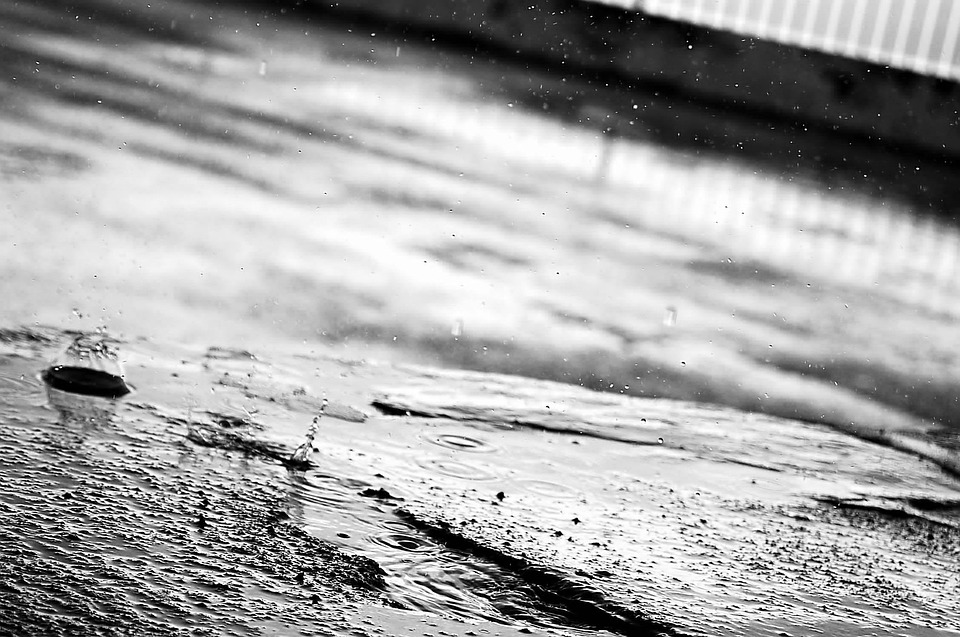Essential Interview Guide for Aspiring Meteorological Officers: Tips and Insights
Embarking on a career as a meteorological officer is an exciting journey, one that promises both challenges and rewards. As you prepare for the all-important interview, it’s essential to navigate this process with insight and strategy. Here’s your guide to making a lasting impression.
Know Your Science
-
Fundamentals of Meteorology
A solid grasp of meteorological principles is non-negotiable. Be prepared to discuss atmospheric dynamics, thermodynamics, and the intricacies of weather systems. Brush up on both classical theories and contemporary advancements in meteorological technology. -
Recent Developments
The field is ever-evolving; staying abreast of the latest research, satellite advancements, and climate change impacts will bolster your confidence and credibility. A discussion about recent extreme weather events, and how they connect to broader climate trends, could demonstrate your engagement with the field.
Communication Skills Matter
The ability to convey complex scientific concepts in layman’s terms is crucial. Meteorological officers often find themselves explaining forecasts to the public or advising government bodies. Practise articulating your thoughts clearly and concisely. Consider these tactics:
-
Active Listening
During the interview, actively listen to your interviewer’s questions. This not only shows respect but allows you to tailor your responses more effectively. -
Engage with Examples
When discussing your skills, weave in anecdotes that showcase your ability to communicate. Perhaps you conducted a school workshop or presented findings at a local event—these instances can illustrate your adeptness.
Technical Proficiency
Familiarity with meteorological software and tools is a must. Depending on the role, proficiency in programming languages like Python or R may be required, especially for data analysis and modelling. Be ready to discuss:
-
Software Experience
Mention any relevant software you’ve used, such as GIS tools, weather databases, or forecasting models. Provide specifics on your usage and outcomes. -
Data Interpretation Skills
Your ability to interpret and analyse meteorological data can set you apart. Prepare to tackle questions involving data trends or case studies, demonstrating your analytical prowess.
Understanding the Role
Every organisation has its unique ethos and expectations. Familiarise yourself with the specific agency or company you’re interviewing for. Knowing their mission, recent projects, and challenges they face can significantly enhance your responses.
-
Cultural Fit
Reflect on how your values align with theirs. This can be particularly compelling when discussing your motivation for joining their team. -
Vision for the Future
Consider how you would contribute to their goals. Articulate your aspirations in the context of their mission—this not only shows initiative but also a long-term commitment.
The Follow-Up
After the interview, don’t underestimate the power of a well-crafted follow-up email. A succinct thank-you note, reemphasising your enthusiasm for the position and reflecting on a topic discussed during the interview, can reinforce your interest and professionalism.
As you prepare for the journey ahead, remember that the interview is a two-way street. It’s not only about showcasing your qualifications but also about assessing if the role and organisation align with your own career aspirations.
In this competitive field, CVPortal continues to bring you a wealth of quality resume resources, ensuring you are well-equipped to make your mark. Embrace the challenge, and best of luck in your pursuit of becoming a meteorological officer!


